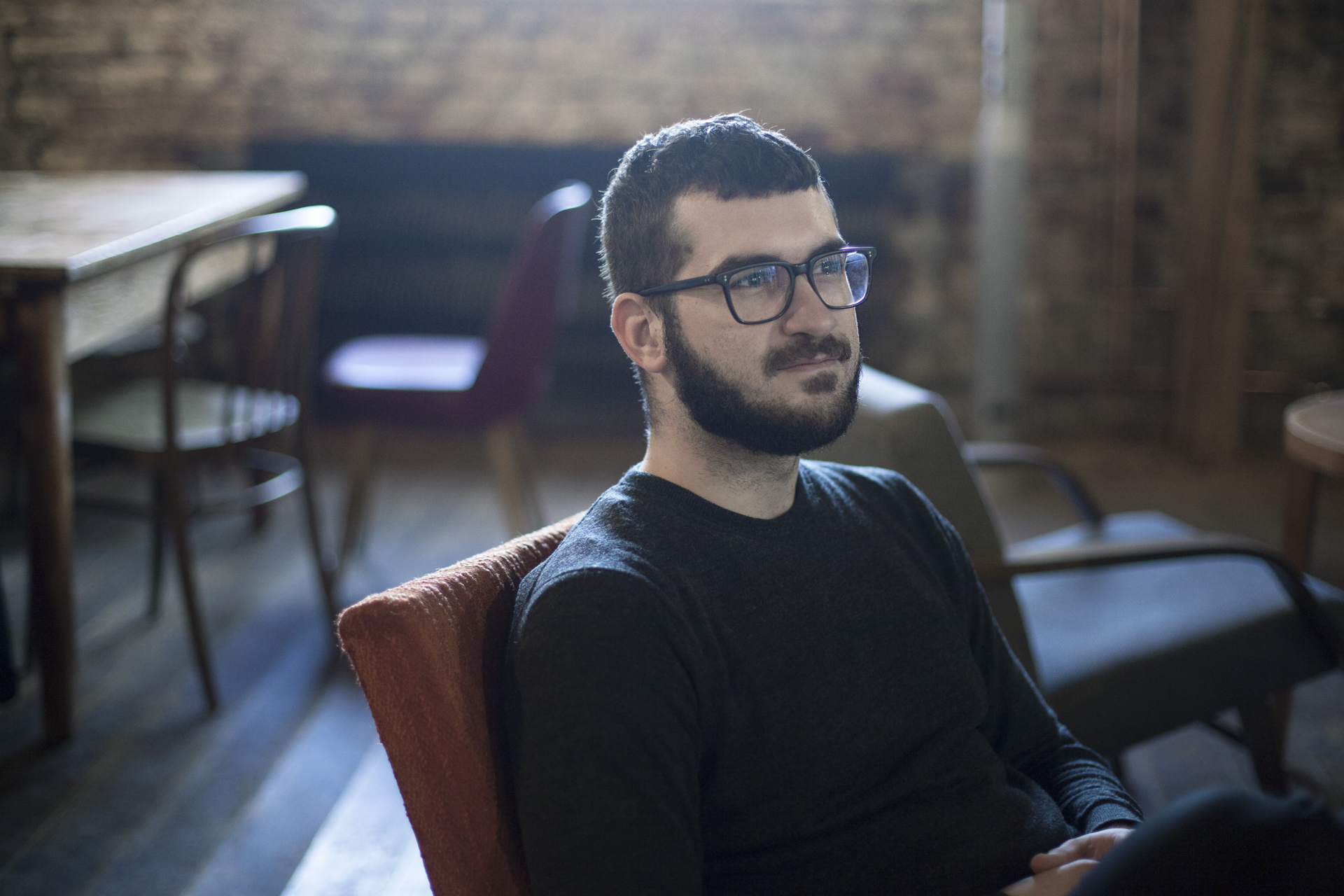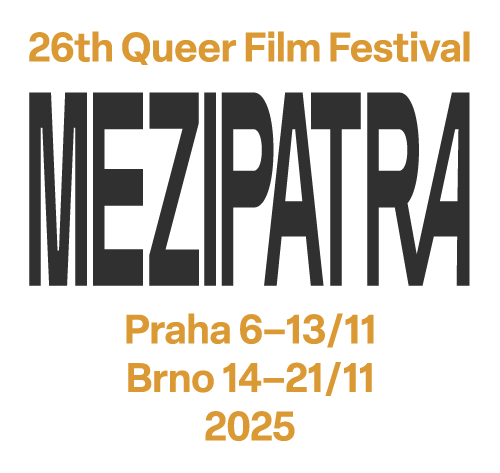The limits we set ourselves
We are living in a place and time that give us quite a strong feeling of safety and personal freedom. We can decide how to spend our free time; we don't have to be afraid to show affection to our partners; we may change our job if we're unhappy there; and we can travel almost anywhere.
We seemingly have more than enough liberty. The films from this year's program of Mezipatra often point out, however, how we define its limits on our own. Internally as well as in interactions with others, knowingly, unconsciously, and often by establishing ourselves against others and searching for the proverbial enemy. It is happening both on the level of society as a whole and within smaller communities – and some of the selected films describe this as well.
It might be merely human. We expect others to behave according to the rules set by society based on their identity, because it gives us a sense of security and safety. And when someone does not fulfil our expectations, we feel the need to judge, punish, and exclude.
We do not need to actively participate in lynching or ostracizing – we sometimes harm ourselves by mere apathy, resignation, and a lack of will to change things for the better. Why fight, we are free enough, we tend to say to ourselves. But we are unable to define what our liberty means and where exactly its limits are. Is it enough that I do not have to be afraid to hold my boyfriend's or girlfriend's hand, kiss them in public, introduce them to my parents? That I can have a registered partnership, and that neither my sexual preferences nor gender identity prevent me from looking for a job?
I wish you a pleasant time scrutinising the limits, pushing and destroying them – your own as well as society’s.
Pavel Bicek, Director of Mezipatra QFF

